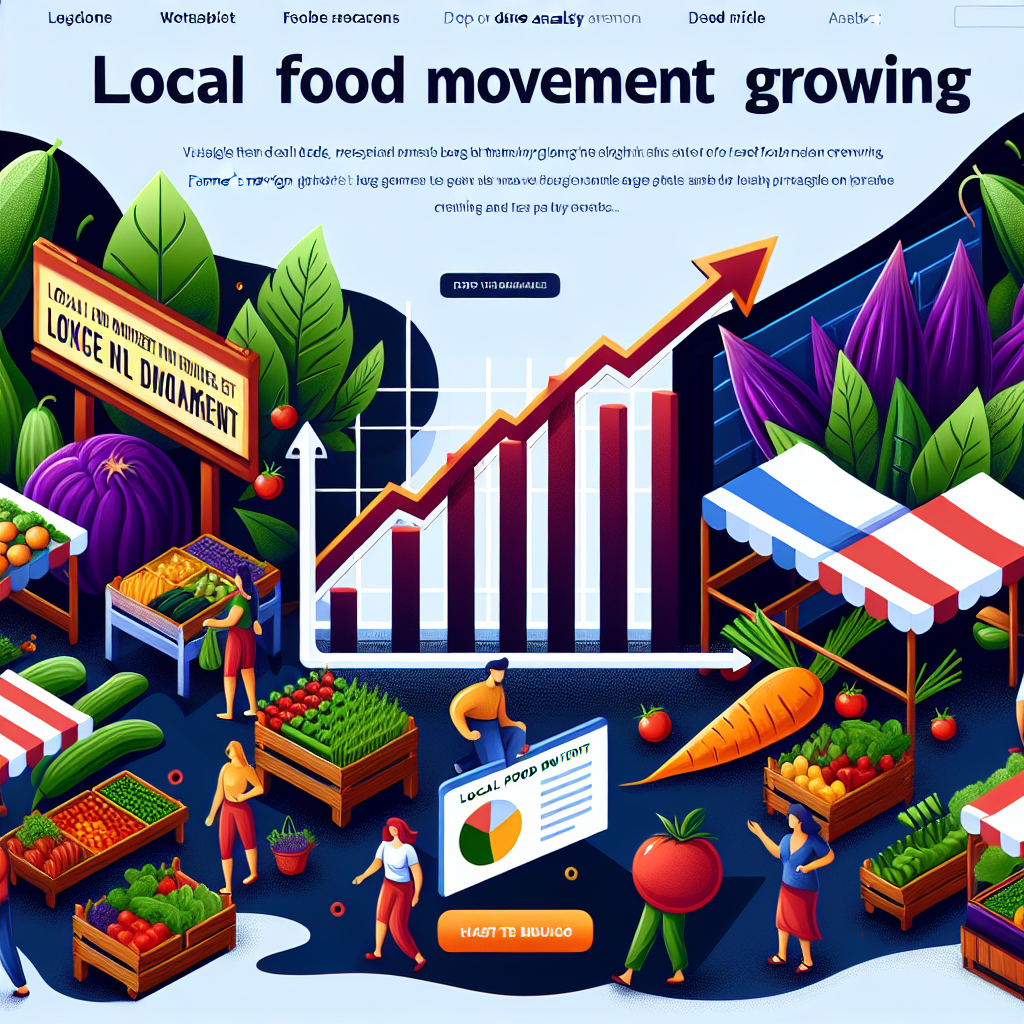Have you ever considered where your food comes from? Beyond the supermarket shelves and fancy packaging lies a world rich with stories of soil, sun, sweat, and seasons – an intricate system that sustains life one harvest at a time.
This poignant question marks our exploration into the educational challenge brought forth by today’s increasingly industrialized global food system. Many people remain disconnected from their meals’ roots quite literally. The existing curriculum lacks comprehensive instruction on nutrition and sustainable agriculture – fundamental aspects to cultivate informed citizens.
The current system primarily focuses on theoretical knowledge rather than practical skills pertinent to everyday life such as growing vegetables or preparing healthy meals. Furthermore, access to fresh produce often varies significantly based on socio-economic factors.
Enter the advent of ‘farm-to-school’. Proposals aim to revolutionize education by integrating gardening classes into standard curriculums nationwide while re-orientating school lunch programs towards locally-sourced ingredients.
Implementation
Schools are transforming idle spaces into vibrant vegetable gardens teeming with biodiversity—a hands-on learning zone for students who learn about plant biology while understanding their region’s culinary culture.
Student Impact
The initiative has redefined student’s nutrition literacy by exposing them to farm-based experiential learning. More importantly, they develop respect for nature seeing first-hand how carrots grow or tomatoes ripen—echoing Hippocrates’ famous saying ‘Let thy Food be thy Medicine’.
Teacher Perspectives
Teachers express immense satisfaction as they watch the transformation in students who partake in gardening activities. They find these programs are not just educating but also shaping attitudes towards health and community.
Parent Concerns
The active involvement of parents is vital for this paradigm shift. Although some voice concerns regarding the scientific rigor of such programs, many support it considering its direct influence on eating habits at home.
Success Stories
Schools adopting such programs report increased student engagement, improved academic performance across disciplines, and an enhanced sense of community pride.
‘Exclusive: What they don’t want you to know’
This movement isn’t without its challenges—funding constraints, lack of institutional support or difficulties navigating regulatory hurdles. Yet the organic resilience continues to sprout beyond school gardens into public hearts and policies alike.
A vision for our future holds promise – a generation nurtured with local food wisdom, empowered by knowledge to resurrect forgotten flavors while ensuring their food security amidst global uncertainties.